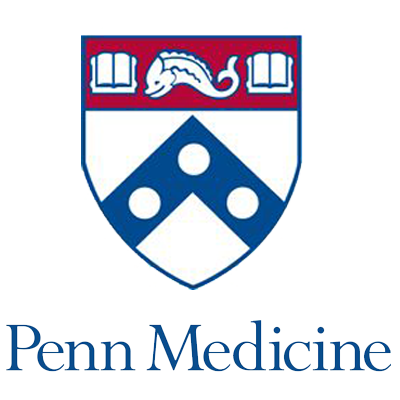

I picked GHC bc it's an HMO and I assumed it would be similar to Kaiser with lower out of pocket costs bc everything is in house.
#Uw health mytime plus#
They also bill for things like blood draws in a way I haven't seen before - I'm being billed for the lab fees plus the draw itself plus the phlebotomist, totalling hundreds of dollars (just hit my deductible though, yay).īased on my reading of the healthcare options through UW, the copays are the same across the board whether you choose GHC, Quartz, etc. I have GHC and my copays seem quite high (e.g., I just paid $50 for a set of epipens, whereas with my old insurance the copay was $15).

Compared to my previous health insurance (Kaiser, out of state), I am not feeling this at all and I'm wondering if I'm missing something? If we choose to move back to Cambodia or Tajikistan, I would instead pursue employment at an intergovernmental organization like the WHO or at a local NGO.I am a new employee at UW Madison and everyone keeps telling me we have GREAT health benefits. What do you hope/plan to do with your degree? If my family chooses to stay in the US, I would like to work for the government as a maternal-child health researcher.

It also helps that Madison is extremely vegetarian-friendly and close enough to my hometown in Iowa that my family and I can visit each other regularly. Why did you choose UW-Madison for your degree? I chose UW-Madison for my degree because it is a high-quality institution located in a family-friendly, liberal city. In particular, my experiences during my first pregnancy in Tajikistan got me interested in studying maternal-child health. I was surprised by the wide variety of approaches to healthcare and the differences in the ways in which personal and public health was approached in different countries. What experiences in your life led you to study population/public health? During my time living abroad, I had contact with various health care systems around the globe.
#Uw health mytime free#
In my free time, I enjoy spending time with my husband and son, playing euphonium and piano, traveling, and practicing languages (I speak Turkish, Uzbek, and Tajik). I am interested in maternal-child health, mental illness, and substance use, and I am currently working on a project related to opioid use disorder in pregnancy. After receiving my master of science in 2019, I enrolled as a PhD student in population health (epidemiology option). In 2017, I returned to the US to study theoretical chemistry here at UW-Madison. I then took time off to travel, living in Phnom Penh, Cambodia and Dushanbe, Tajikistan. After my graduation, I returned to Ankara, Turkey in 2015 to study Turkish on a Critical Language Scholarship. During my undergrad, I did a one-year study abroad in Istanbul, Turkey as a Boren Scholar. Interest Statement: I earned my bachelor of science in biology and chemistry from the University of Northern Iowa in 2015, with a minor in music. 'I am proud of all UW-Eau Claire graduates, and especially so of ENPH alumni who are now working to contain the spread of COVID-19. What are your areas of interest within population health sciences? Maternal-Child Health, Mental Illness, Substance Use Crispin Pierce, professor of environmental public health, is pleased to report on the work of two recent environmental public health graduates who are making crucial contributions to public health efforts.


 0 kommentar(er)
0 kommentar(er)
